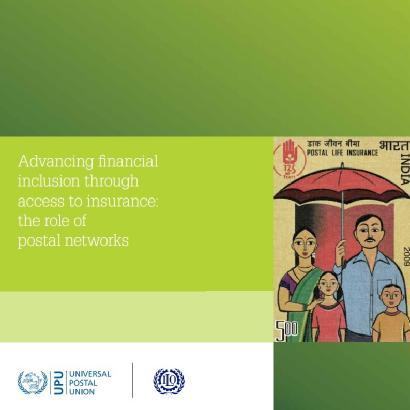Language:
English
The linkage between agriculture and climate change is undeniable. Any change in the climate has significant effects on crop yields and livestock, which intensifies the agriculture sector’s vulnerability to weather and disaster risks. More frequent extreme weather events and natural disasters distress the poor and the vulnerable most heavily and, as a result, agricultural and index-based insurance products have increasingly been regarded as significant tools for smallholder farmers to protect themselves from financial losses. As we know, insurance normally provides valuable access to credit...

